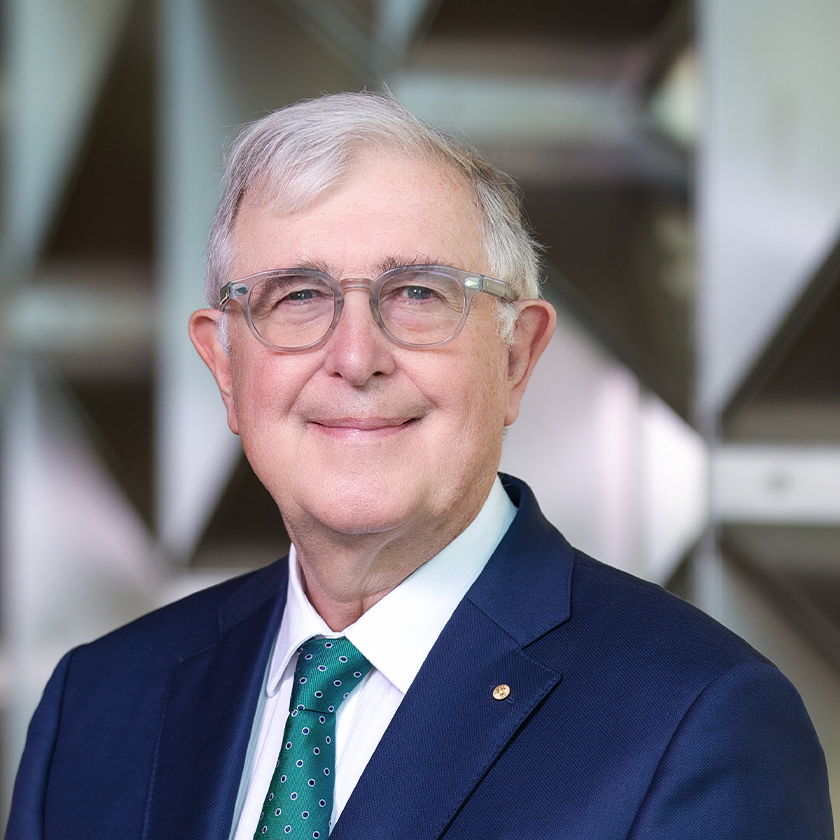
Sir Edward Byrne AC FMedSci
Professor
President, King Abdullah University of Science and Technology (KAUST)
Biography
Sir Edward Byrne AC is a globally distinguished academic leader, clinician-scientist, and strategist in higher education. He has held senior leadership roles across three continents and is widely recognized for transforming universities into internationally connected institutions that drive discovery, innovation, and national transformation.
He currently serves as President of King Abdullah University of Science and Technology (KAUST), one of the world’s fastest-rising research universities and a central pillar of Saudi Arabia’s Vision 2030. At KAUST, he is guiding the university’s next phase of growth as a global hub for talent, translational research, and innovation, with a focus on sustainability, health, and economic diversification.
Previously, Sir Edward was President & Principal of King’s College London, where he strengthened the university’s integration with the UK’s National Health Service and enhanced its international standing. As Vice Provost Health and Executive Dean of Medicine at UCL he played a role in the development of the Crick institute and of academic health science centers in the UK. As Vice-Chancellor & President of Monash University, he expanded its global footprint through campuses and strategic partnerships in Asia, the Middle East, and Europe, building one of the most internationally engaged universities in the world.
Beyond academia, Sir Edward has served on the boards of leading global organizations at the intersection of science, medicine, and industry, including Cochlear and Bupa.
Research Interests
A neurologist by training, Sir Edward is internationally recognized for pioneering work on neuromuscular disorders and mitochondrial disease. He founded and directed major clinical neuroscience units, including the Melbourne Neuromuscular Research Institute, and has published nearly 400 scientific papers and abstracts that have shaped the field of modern clinical neuroscience.
His later academic interests have focused on the design of academic health systems, the translation of research into practice, and the evolving role of universities in strengthening national innovation systems and competitiveness.
Education Profile
Bachelor of Medical Science, University of Tasmania, 1971
MBBS (First Class Honours), University of Tasmania, 1974
Diploma of Clinical Science, University of Adelaide, 1977
Fellow of the Royal Australasian College of Physicians, 1980
MD, University of Tasmania, 1982
Travelling Fellowship, Royal Australasian College of Physicians, 1979
Doctor of Science (DSc), University of Melbourne, 1995
Fellow of the Royal College of Physicians of Edinburgh, 1998
MBA, University of Queensland / Mt Eliza Business School, 2005
Fellow of the Royal College of Physicians (London), 2008
Honorary Degrees from the Universities of Warwick, Western (Canada), Adelaide, Monash, and Sydney (2013–2019)

